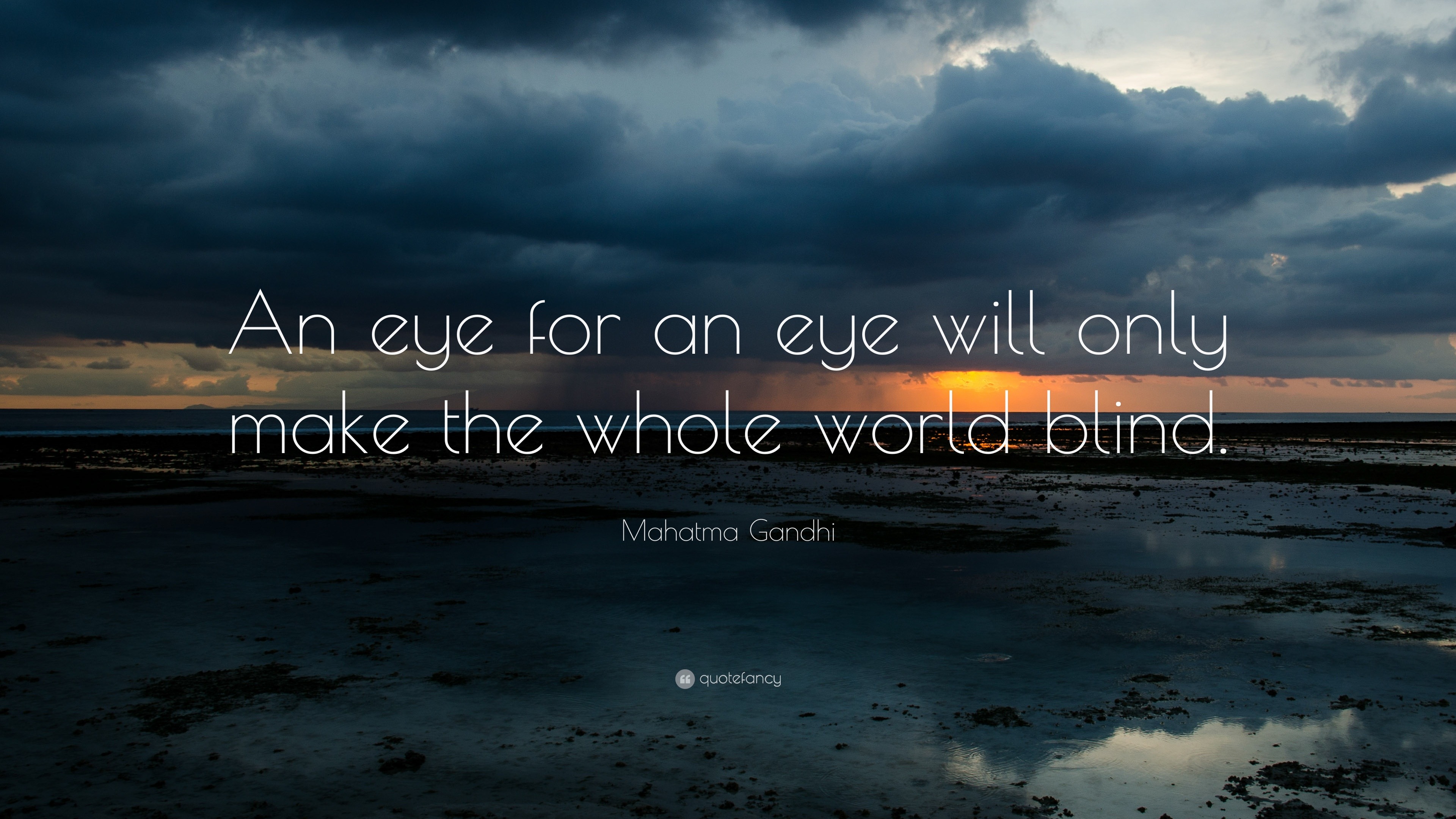

In his essay “The Penalty of Death”, Mencken states “All of us long for a swift and unexpected end” (Mencken 472). After death there is no lesson to be learned. If a crime is so heinous that death is even considered as a punishment, it would only make sense that the offender should not be allowed to take the easier punishment. “The need for revenge, for vengeance, is being curbed, the appetite is no longer there,” argues Robert Hirschorn, a nationally known Texas attorney and jury consultant. Revenge is a never-ending circle, it is train that never stops running, it is a screaming infant that can never be quieted, and it is a bloodthirsty tiger that can never be sated. While it is not wrong to want justice, it is wrong to seek revenge. This type of death sentence is one that is executed in order to make the families of those wronged feel better. The death penalty has nothing to do with justice, morals, what is right, nor what is wrong.

Revenge is what is behind the death penalty. Revenge means: “to seek or take vengeance for oneself or another person” (). With this statement, it can be said that the people sentenced to the capital punishment (being that they are in fact people) should be spared on the grounds of morality. Is it ever moral? The plain, black-and-white truth is that: no, it is never moral to kill a person. Likewise, people who quote the line to support taking personal vengeance are, in fact, misquoting and misunderstanding the line, as it has nothing to do with personal vengeance.An Eye for an Eye Makes the Whole World Blind – ShortĪn Eye for An Eye Leaves the Whole World Blind Is it right to kill a person? Is it sensible to teach a person not to kill by killing? What makes the prison guard who fires the shot or the doctor who inserts the lethal injection less of a murderer than the person whose life they just ended? What makes the judge and jury who just sentenced that person to death row any better than the man who convinced someone else to kill his wife? What constitutes killing a person? When is it moral?

In short, your premise is wrong and the line you think supports punitive justice is actually a core foundational principle in for equal and merciful justice.
#Eye for an eye and the world goes blind code
You'll note that for stealing in the Jewish legal code does not require bodily harm, but instead demands financial restitution. The Jewish legal code (which the line "an eye for an eye" comes from) is in fact explicitly calling out other legal codes of its period as being UNJUST and rejecting their framework of punitive punishments by limiting punishments to being no worse than, and fitting to, the crime committed. Which, I would note, stands in SHARP CONTRAST to the Code of Hammurabi, which had such penalties as losing a hand for the crime of stealing and the like. In the context of the passage, it is outlining a very significant legal principle: the punishment for a crime should not outweigh the damage caused by the crime and that the punishment should fit the crime in question. It is part of a passage discussing what penalties someone has to face after being found guilty of doing bodily harm to another. However, the actual line of "an eye for an eye" is part of a much larger quote that in context is talking about formal retributive justice within the framework of a formal trial. You yourself do the same, by bringing up the quote about revenge. Well, the issue is that most people quoting the line "an eye for an eye" are misquoting it and using it as justification for personal vengeance. So, how do different parts of the political spectrum see this issue? I think there is a good argument to be made that the phrases/saying were invented more to keep victims from fighting back, and make them accepting of their fates, more than anything else. Most of the objection seems to stem from the Christian world and ideologies, as most Eastern religions, while even Judaism and Islam do not overtly denounce that line of thinking.Īlso, many parts of realpolitik accept it as reality as well, and we see it played out all the time from all parts of the political spectrum. Yet, quite simply, history shows us this is not the case for many cultures, nations, and ideologies.Ī great example of it working on the macro-scale is the concept of Mutually Assured Destruction, which has been the bedrock of world peace since the nuclear age began.Įven the Code of Hammurabi, almost the ur-legal document, accepts it as a justified manner of thinking and action. Many people say 'An Eye for An Eye Leaves the Whole World Blind' or 'When You Set Out for Revenge, Dig Two Graves' as a deterrent against people seeking vengeance or justice for wrongs committed against them.


 0 kommentar(er)
0 kommentar(er)
